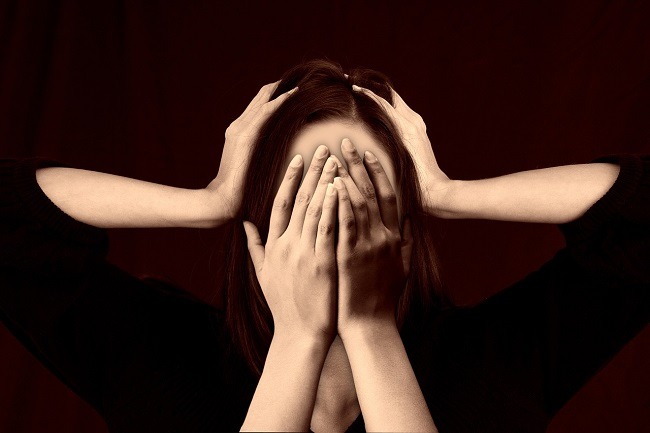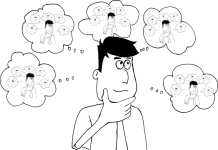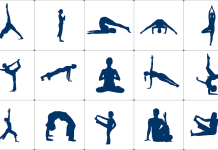Stress is a normal part of life, but when it becomes chronic, it can have a significant impact on both physical and mental health. Chronic stress has been linked to a wide range of health problems, including heart disease, obesity, depression, and anxiety. In this blog, we will explore the impact of stress on physical and mental health and discuss techniques for managing stress.
The Impact of Stress on Physical Health
Chronic stress can have a significant impact on physical health. It has been linked to a range of health problems, including:
- Heart disease: Chronic stress can increase blood pressure and heart rate, which can increase the risk of heart disease.
- Obesity: Stress can cause changes in appetite and metabolism, leading to weight gain.
- Digestive problems: Stress can cause digestive problems such as ulcers, IBS, and acid reflux.
- Chronic fatigue: Stress can cause fatigue and exhaustion, making it difficult to perform daily tasks.
The Impact of Stress on Mental Health
Stress can also have a significant impact on mental health. It has been linked to a range of mental health problems, including:
- Depression: Chronic stress can lead to depression and feelings of sadness.
- Anxiety: Stress can increase anxiety and fear, leading to panic attacks and phobias.
- Sleep problems: Stress can cause insomnia, making it difficult to fall asleep or stay asleep.
- Substance abuse: Stress can lead to substance abuse, such as drinking or drug use, as a way to cope with stress.
Techniques for Managing Stress
There are several techniques that can be used to manage stress and reduce its impact on physical and mental health. Some of these techniques include:
- Exercise: Exercise is a great way to reduce stress. It releases endorphins, which are natural mood-boosters.
- Meditation: Meditation is a technique that involves focusing the mind and reducing stress.
- Relaxation techniques: Relaxation techniques, such as deep breathing and progressive muscle relaxation, can help reduce stress and calm the mind.
- Cognitive-behavioral therapy: Cognitive-behavioral therapy is a form of therapy that can help reduce stress by changing negative thought patterns.
- Time management: Effective time management can help reduce stress by reducing the amount of work that needs to be done in a given day.




























































